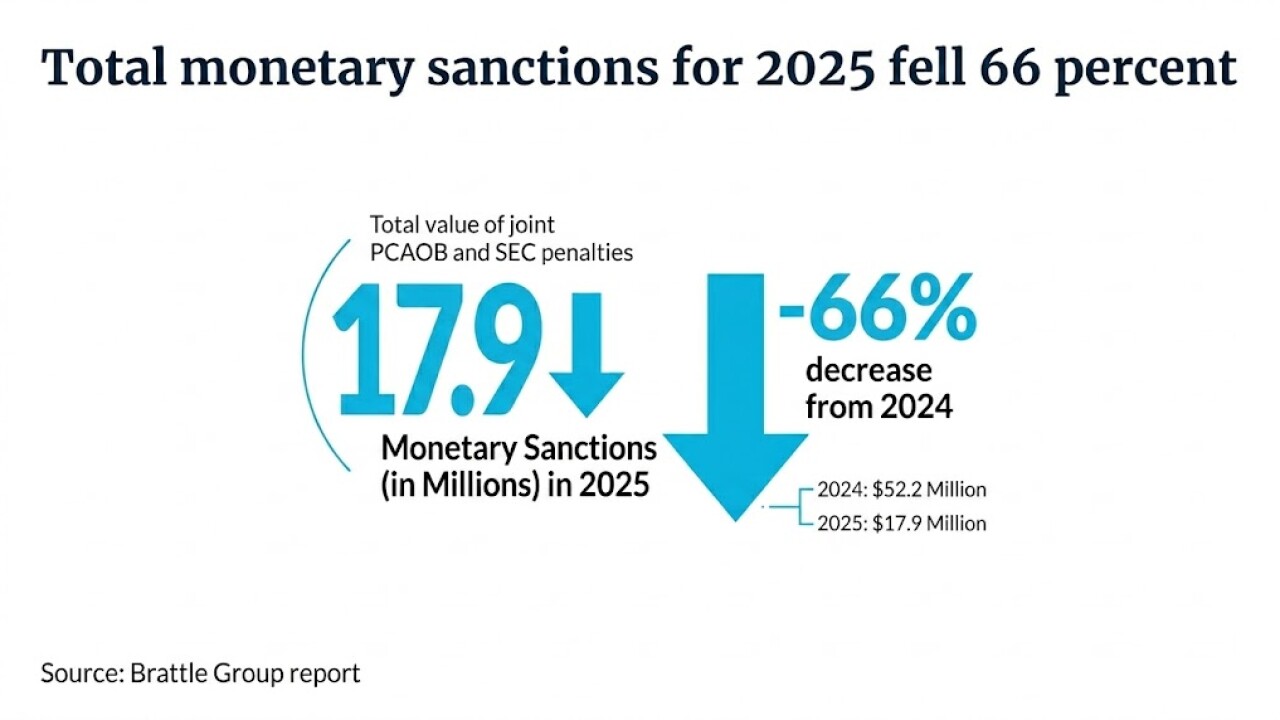The Internal Revenue Service has slightly revised its 2014 guidance on the treatment of virtual currency to reflect the fact that some countries now accept Bitcoin as legal tender.
The IRS issued
"Thus, the sentence in the background section of Notice 2014-21 stating that virtual currency does not have legal tender status in any jurisdiction is no longer accurate as to Bitcoin," said the IRS.
In 2021, the government of El Salvador made headlines around the world by adopting Bitcoin as legal currency. The Central African Republic adopted Bitcoin as legal tender last April. Some countries, on the other hand, have banned the use of cryptocurrency altogether.

The IRS issued
In addition, the IRS noted that the background section could be misinterpreted as overstating the similarity between convertible virtual currency and "real" currency because the use of convertible virtual currency, including Bitcoin, to perform "real" currency functions is limited. Accordingly, in the new guidance, Notice 2014-21 is being modified by revising the third sentence in the first paragraph of the background section to read as follows:
"In certain contexts, virtual currency may serve one or more of the functions of 'real' currency — i.e., the coin and paper money of the United States or of any other country that is designated as legal tender, circulates, and is customarily used and accepted as a medium of exchange in the country of issuance — but the use of virtual currency to perform 'real' currency functions is limited."
However, the IRS noted that the change to the background section doesn't affect the answers to the frequently asked questions in Section 4 of Notice 2014-21, including Q&A-2, which concludes that convertible virtual currency isn't treated as currency that could generate foreign currency gain or loss for federal tax purposes.
In late March, the IRS and the Treasury Department posted a





